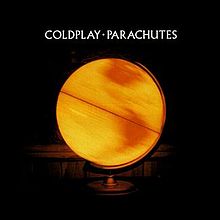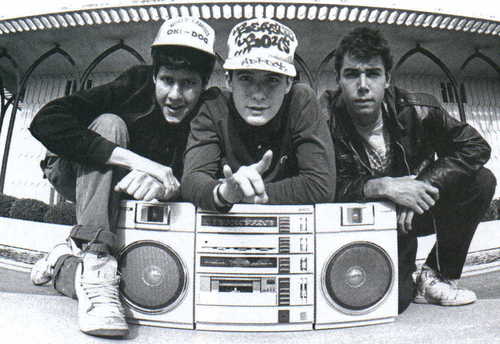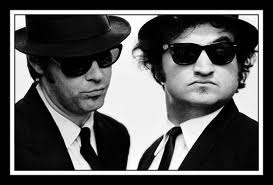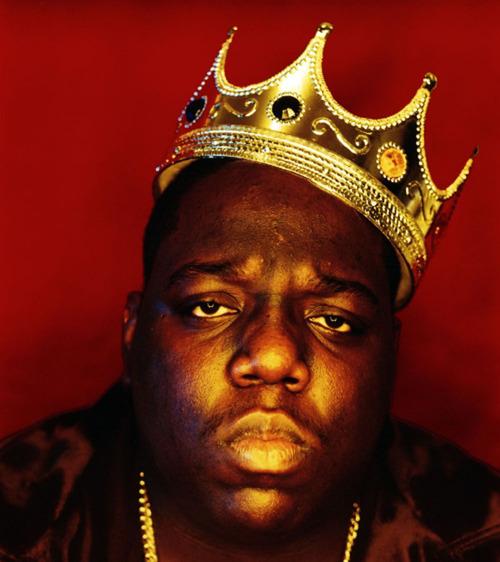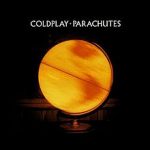 Today, Coldplay remains one of the most universally known alternative bands. They have released five successful studio albums within the past twelve years— the most critically acclaimed being the sophomore album A Rush of Blood to the Head. Most widely known for the singles “Clocks” and “The Scientist,” the album won numerous awards and is often the favorite album among fans because of its lyrical diversity. Follow ups X&Y and Viva la Vida or Death and All His Friends were both profitable and popular with listeners. The most recent album, 2011 release Mylo Xyloto, exhibits a deterioration in style compared to previous works by the band, as it does not have a lot to offer other than a fantastic single, “Paradise.” However, what is sometimes forgotten is their first album Parachutes, which features the leading single “Yellow,” that hailed the band their worldwide fame. According to many critics, Parachutes is actually one of the best of all of Coldplay’s albums, coming in second to A Rush of Blood to the Head. Mellow tones and resonating guitar plucks distinguish Parachutes from the albums that follow it, making it a warm, relaxing, album to listen to.
Today, Coldplay remains one of the most universally known alternative bands. They have released five successful studio albums within the past twelve years— the most critically acclaimed being the sophomore album A Rush of Blood to the Head. Most widely known for the singles “Clocks” and “The Scientist,” the album won numerous awards and is often the favorite album among fans because of its lyrical diversity. Follow ups X&Y and Viva la Vida or Death and All His Friends were both profitable and popular with listeners. The most recent album, 2011 release Mylo Xyloto, exhibits a deterioration in style compared to previous works by the band, as it does not have a lot to offer other than a fantastic single, “Paradise.” However, what is sometimes forgotten is their first album Parachutes, which features the leading single “Yellow,” that hailed the band their worldwide fame. According to many critics, Parachutes is actually one of the best of all of Coldplay’s albums, coming in second to A Rush of Blood to the Head. Mellow tones and resonating guitar plucks distinguish Parachutes from the albums that follow it, making it a warm, relaxing, album to listen to.
One of the most defining characteristics of Parachutes is the contrast between sad music and happy lyrics, which is highlighted on the opening track “Don’t Panic.” The muffled piano and soft, fast drumbeats give the song a melancholy tone, yet a simple, positive message is portrayed through the lyrics: “We live in a beautiful world, yeah we do yeah we do.” Follow up song “Shiver” is similar to the band’s later style, featuring more prominent guitar and a chorus that is somewhat wailing, yet soft at the same time. The third track “Spies” is proof that Coldplay can take on a darker sound; for the echoing, high-strung guitar sounds slightly haunting, and the fading, almost whispered vocals at the end of the song give it an unsettling tone. Chris Martin sings listeners to sleep on track four “Sparks,” a song that is gorgeous in its simplicity. Comforting lyrics and soft acoustics make it easy to get lost in. Like “Sparks,” track five “Yellow” is a relaxing tune that will make the listener feel at peace with the world. The beautiful, uplifting lyrics make it one of Coldplay’s most popular songs to date. Piano-driven “Trouble” is memorable for its metaphoric lyrics, comparing a difficult situation to being caught in a spider web; the last repeated line, “They spun a web for me,” sums up the deep meaning of the sad song. Track seven “Parachutes,” takes a turn in a more positive direction. The song is short and sweet, and Martin’s stripped-down vocals backed by soft acoustics create a comforting air in less than a minute. “High Speed” continues the moody tone of the album with strong vocals and quiet chiming in the background, and “We Never Change” is gloomy and dream-like. The last song “Everything’s Not Lost,” starts quietly, then picks up with strong electric guitar and deep bass lines at the chorus. About five minutes in, hidden bonus track “Life Is for The Living” begins, bringing about an optimistic end to the album.
Looking at Coldplay’s most recent album Mylo Xyloto, it is hard to believe that the world renowned band’s great fame and success all started with Parachutes— a simple, yet artistic work based off of passion and raw talent. Though Coldplay continues to produce great albums, Parachutes is one of a kind and not only a great debut, but also one of the best albums the band has ever released.



